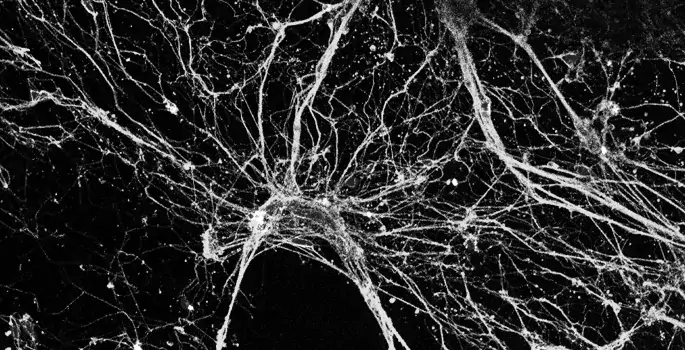
Department of Cell and Molecular Biology
The Department of Cell and Molecular Biology at Karolinska Institutet is a nationally leading academic research center of high international standard where science comes first and foremost. CMB researchers publish regularly in the best international science journals, a result of a long-term in-house culture that promotes real impact and key breakthroughs.
Menu for this area
News at CMB
Job opportunities at CMB
Events
CMB Calendar
For CMB Staff
Newsletter for staff and affiliates at CMB
Newsletter for staff and affiliates at the Department of Cell and Molecular Biology
